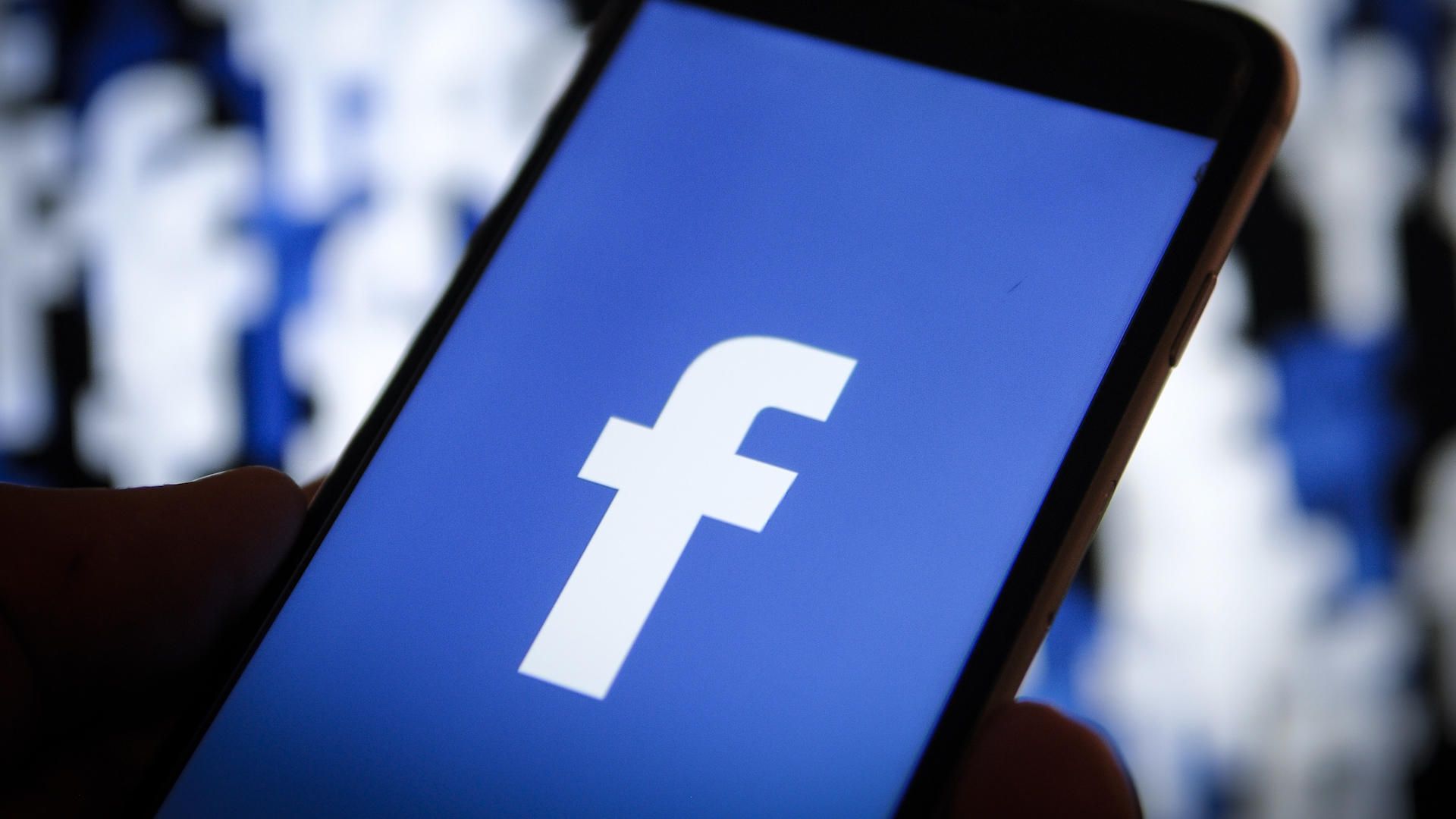To monitor election integrity ahead of key elections across the Asia-Pacific region, Facebook is setting up an operations centre in Singapore.
“We are committed to tackling all kinds of inauthentic behaviour and abuse on our platform — which we know often intensify during elections — from misinformation, misrepresentation and foreign interference, to phishing, harassment and violent threats,” said Facebook in a news release attributed to Katie Harbath, public policy director for global elections and Ruben Hattari, head of public policy for Indonesia.
“Our security team is working round the clock to help us stay a step ahead and uncover abuse. Globally, we’ve removed thousands of pages, groups and accounts that engaged in coordinated inauthentic behaviour across our platforms – Facebook, Instagram and WhatsApp. We are committed to making improvements and building stronger partnerships around the world to more effectively detect and stop this activity,” it added.
The operation centre of Singapore will be staffed by experts from Facebook, Instagram and WhatsApp, who will work cross-functionally with threat intelligence, data science, engineering, research, community operations, legal and other teams.
This centre will work with Facebook’s Menlo Park headquarters and in-country experts to serve as another line of defence against false news and misinformation, hate speech, voter suppression and election interference.
“Our teams also work closely with lawmakers, election commissions, fact-checkers, researchers, academics and civil society groups to better integrate efforts on important issues related to election integrity,” said Katie Harbath.
For maintaining transparency in elections of Indonesia which is scheduled next month Facebook said that it has temporarily banned electoral ads purchased outside the country.
“Combating foreign interference is a key pillar of our approach to safeguarding election integrity on our platform. As part of this commitment, we’re temporarily disallowing electoral ads purchased from outside Indonesia ahead of the election. The restriction took effect from yesterday morning and will apply to any ad coming from an advertiser based outside the country if it references politicians or political parties or attempts to encourage or suppress voting,” said Facebook.
“We are using a mix of automated and human review to help us identify foreign electoral ads that should no longer be running on our platform,” it said.
Some weeks back, European Union officials blasted Facebook for not doing enough to scrutinise advertising on its site in the run-up to EU elections in May.
In response, the company unveiled new tools and rules that would require a wide range of political ads linked to the elections to be specifically authorised and tagged with a clear “paid for by” disclaimer.
Facebook began looking into its influence on elections after revelations of Russian influence campaigns during the 2016 US election.
Enumerating about the various safety and security measures, Facebook said, “We now have more than 30,000 people working on safety and security across the company, three times as many as we had in 2017. We have also improved our machine learning capabilities, which allows us to be more efficient and effective in finding and removing violating behaviour.”
“These improvements have helped in many ways, especially in our work to fight coordinated inauthentic behaviour where we’ve used a mix of technology and our expert investigators to search for and take down more sophisticated networks,” it added.




